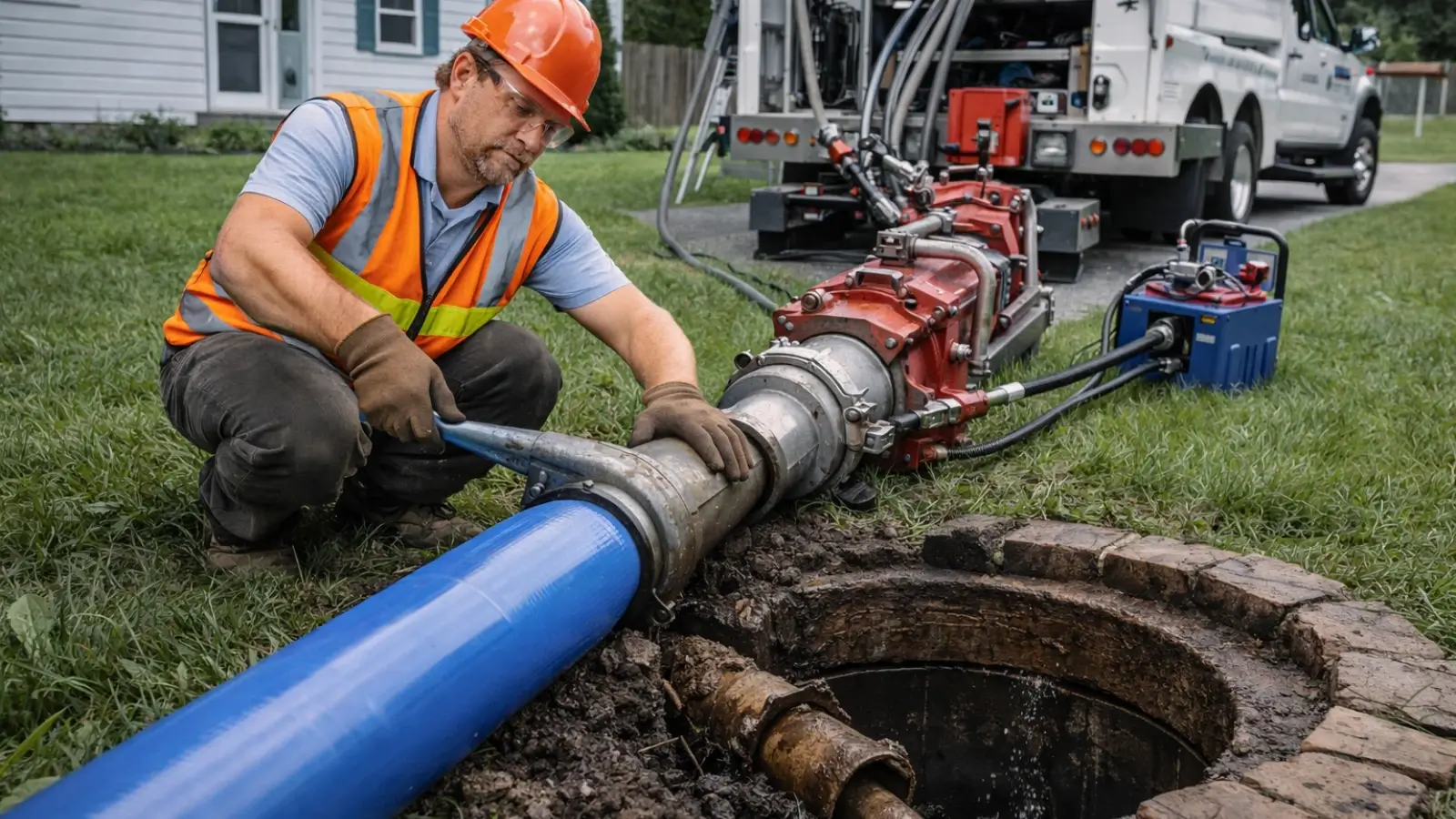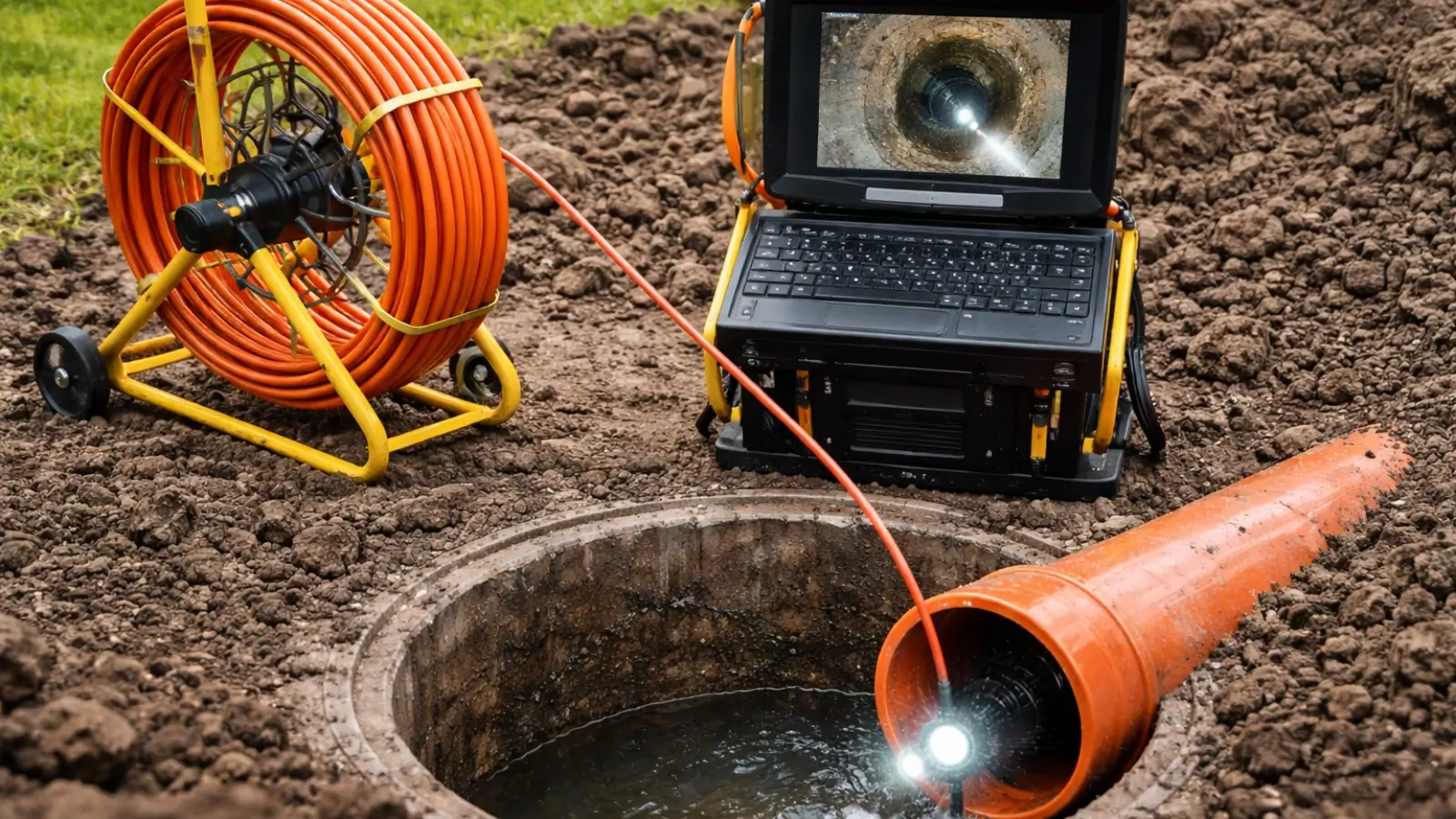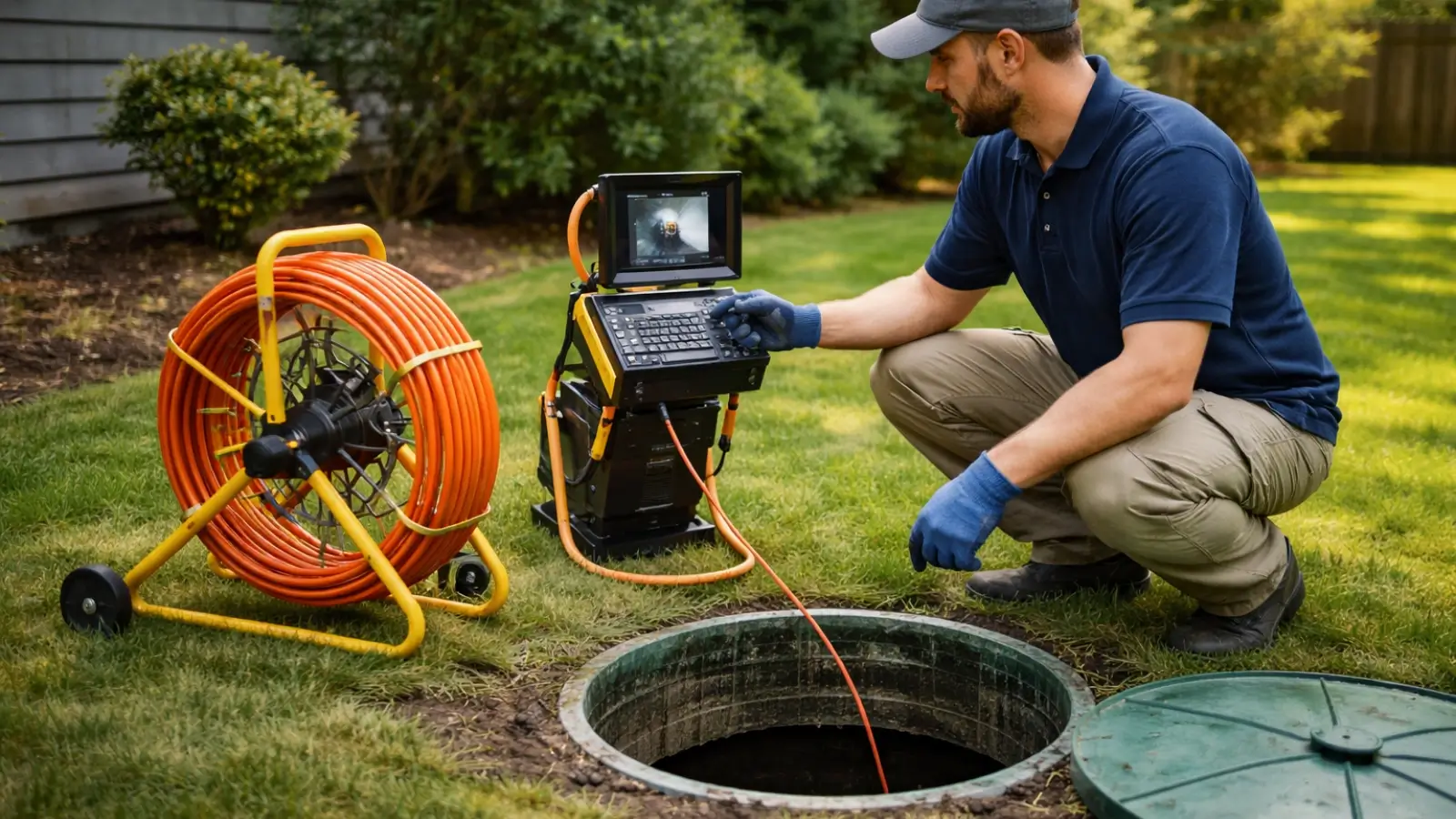Water is one of our most essential resources, and managing it effectively is crucial in both domestic and industrial applications. Whether it’s for regulating the water level in tanks, controlling irrigation systems, or ensuring the smooth operation of water storage facilities, proper water management is key.
One component that plays a pivotal role in this system is the float valve. These unassuming yet highly effective devices are indispensable in maintaining stable water levels, conserving water, and preventing overflows or underflows. In this blog post, we’ll delve into why float valves are essential in water management systems.
What is a Float Valve?
A float valve is a mechanical device used to regulate the flow of water in tanks, reservoirs, or cisterns by controlling the water level. As the water level rises or falls, a floating mechanism (usually a buoyant ball or float) triggers the opening or closing of the valve.
This allows the water to flow in or out of the tank as needed to maintain a desired water level. The simplicity of its design belies its importance, but its reliability and efficiency make it indispensable in various applications.
Preventing Overflows
One of the most obvious and important functions of a float valve is preventing water overflows. Whether it's in a water storage tank, swimming pool, or irrigation system, overflow can cause significant damage. For instance, in a domestic setting, an overflow from a water tank can lead to flooding and property damage. On an industrial scale, water spillage can be both costly and environmentally damaging.
Float valves automatically shut off the water supply when the tank reaches a set level, thus eliminating the risk of overflowing. This self-regulation is crucial in avoiding costly and disruptive mishaps.
Water Conservation
In an age where water conservation is more important than ever, float valves help ensure that water is used efficiently. By keeping a precise control over water levels, float valves can prevent unnecessary wastage. In a system without float valves, water might continue to flow even after the desired level is reached, leading to excessive use.
For example, in a rainwater harvesting system, a float valve can regulate the amount of water that enters a storage tank. Once the tank is full, the float valve ensures that no more water is collected, preventing overflow and wasted water. In this way, float valves contribute significantly to sustainability efforts by optimizing the use of water resources.
Enhanced Automation
Float valves add an element of automation to water management systems. By installing float valves in different water systems, manual intervention is minimized. These valves automatically regulate the flow of water based on the fluctuating water levels. This automatic operation is not only convenient but also prevents human error.
For example, in industrial processes or large-scale water distribution systems, the use of float valves can help maintain consistent water levels in tanks or reservoirs without the need for constant monitoring. This enhances both operational efficiency and reliability, especially in high-demand scenarios.
Safety and Maintenance
In addition to their practical applications, float valves also play a crucial role in system safety and long-term maintenance. By preventing overflows, they reduce the likelihood of water damage to surrounding infrastructure. This is particularly important in systems where sensitive equipment is in proximity to water storage tanks, such as in power plants or manufacturing facilities.
Furthermore, float valves reduce the wear and tear on pumps and other water control mechanisms. Without a float valve, a pump could potentially operate beyond its designed capacity, resulting in overheating, energy inefficiency, and eventual failure. By maintaining appropriate water levels, float valves protect the longevity and effectiveness of the entire system.
Versatility Across Applications
Float valves are highly versatile and can be used in a wide range of water management applications. From residential water tanks to agricultural irrigation systems, these valves are adaptable to various needs. In agricultural irrigation, float valves help maintain consistent water levels in reservoirs, ensuring crops receive the right amount of water. Similarly, in aquariums or fish farms, they prevent water levels from fluctuating, ensuring a stable and healthy environment for aquatic life.
Their applications are also seen in more niche industries, such as brewing and dairy farming, where precise water control is vital to maintaining quality standards. Regardless of the industry, float valves help ensure that water levels remain steady, thereby contributing to operational efficiency and quality control.
Conclusion
Float valves are an essential, yet often overlooked, component of water management systems. They provide numerous benefits, including preventing overflows, promoting water conservation, enhancing automation, ensuring system safety, and offering versatility across a variety of applications.
Whether for domestic, agricultural, or industrial purposes, float valves help maintain optimal water levels and ensure that water is used effectively. As the world continues to grapple with water scarcity and conservation efforts, the importance of efficient water management technologies like float valves cannot be overstated.

















